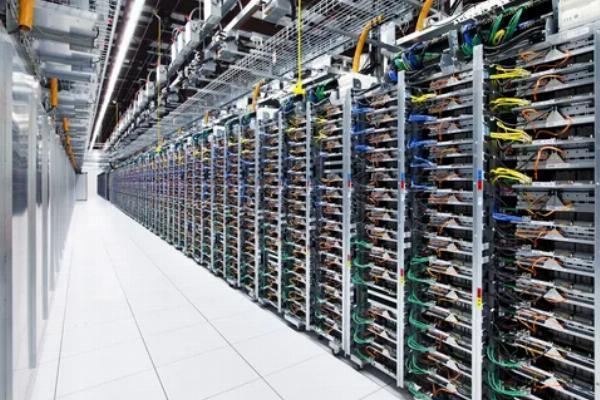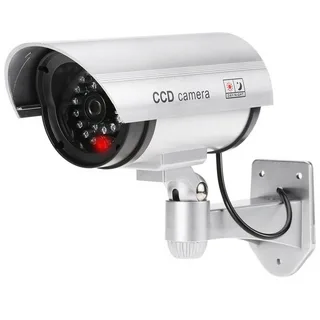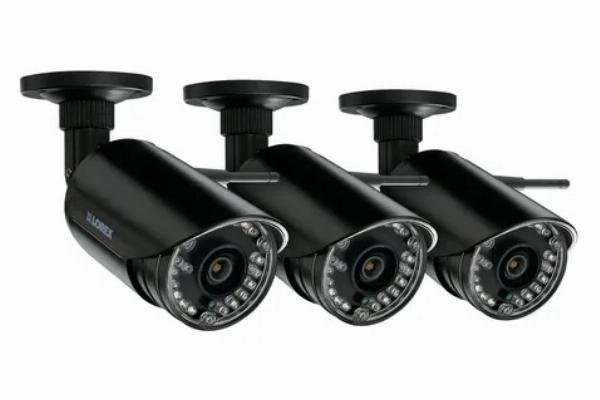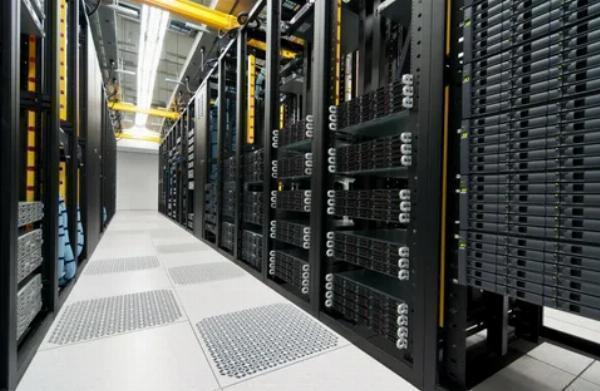How will quantum computing affect the performance of CCTV analytics?
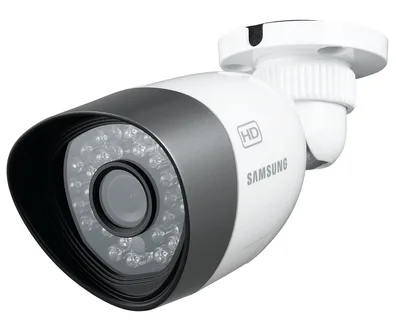
Strong 8k brings an ultra-HD IPTV experience to your living room and your pocket.
The integration of quantum computing into various industries has sparked excitement about its potential to revolutionize data processing, analytics, and security. One area poised to benefit significantly from this technological leap is CCTV analytics. With the increasing reliance on surveillance systems to ensure safety and security, partnering with a Security Company can help harness quantum computing to overcome current limitations and introduce unprecedented capabilities in this domain.
Understanding the Basics of Quantum Computing
Quantum computing operates on principles that differ from classical computing. Instead of using bits that exist as 0 or 1, quantum computers utilize quantum bits, or qubits, which can exist in multiple states simultaneously due to a property called superposition. Additionally, qubits can become entangled, allowing for complex calculations at speeds far beyond the reach of classical systems.
These unique characteristics enable quantum computers to process vast amounts of data simultaneously, making them highly suitable for handling the massive datasets generated by modern CCTV systems.
The Current Challenges in CCTV Analytics
CCTV systems today rely on advanced analytics to extract meaningful insights from video feeds. Tasks such as facial recognition, motion detection, and behavioral analysis require significant computational power, especially when operating in real time. However, these systems face several challenges:
Processing Speed: Analyzing video footage from multiple cameras simultaneously can strain traditional systems, leading to delays.
Scalability: As the number of CCTV cameras increases, so does the volume of data, making it challenging to scale analytics efficiently.
Accuracy: Existing algorithms can struggle with tasks like identifying individuals in crowded spaces or under poor lighting conditions.
Data Security: Transmitting and storing surveillance data securely is an ongoing concern in the face of cyber threats.
Quantum computing promises to address these issues, transforming the way CCTV analytics functions.
Enhancing Real-Time Processing
One of the most significant benefits quantum computing could bring to CCTV analytics is the ability to process data in real-time without compromising performance. Current systems often rely on edge computing or cloud-based solutions, which can introduce latency.
Quantum computers, with their ability to perform parallel computations, could analyze video feeds from thousands of cameras simultaneously. This would enable real-time identification of potential threats, allowing for faster responses to security incidents.
Improving Accuracy in Facial Recognition
Facial recognition is a cornerstone of modern CCTV analytics, but its effectiveness can be hindered by factors such as low image resolution, environmental conditions, and the sheer volume of data. Quantum computing could enhance these systems by enabling more sophisticated algorithms capable of recognizing subtle patterns and variations in facial features.
Quantum-powered facial recognition systems could process massive datasets of facial images with unmatched precision, improving accuracy rates even in challenging scenarios. This could prove invaluable in applications such as border security, law enforcement, and public safety.
Revolutionizing Behavioral Analysis
Advanced behavioral analysis is essential for identifying suspicious activities or detecting anomalies in public spaces. Current AI-driven CCTV systems often rely on predefined patterns to flag unusual behaviors, which can result in false positives or missed threats.
Quantum computing could elevate this process by analyzing complex behavioral patterns with greater nuance. For instance, quantum algorithms could consider a broader range of contextual factors, leading to more accurate predictions and insights.
Strengthening Data Security
The transmission and storage of surveillance data are vulnerable to cyberattacks, which can compromise sensitive information. Quantum computing not only enhances the analytics capabilities of CCTV systems but also improves their security.
Quantum encryption techniques, such as quantum key distribution (QKD), are virtually unbreakable. These techniques ensure that video feeds and analytics data are transmitted securely, protecting them from interception or tampering. This level of security is particularly crucial for government and military surveillance systems.
Enabling Scalable Solutions
As urban environments become more interconnected, the need for scalable CCTV systems grows. Quantum computing could enable surveillance networks to scale effortlessly, analyzing data from smart cities and large-scale infrastructure projects without sacrificing performance.
This scalability would also benefit private enterprises, allowing them to implement comprehensive security solutions across multiple locations with centralized monitoring and analytics.
Real-World Applications of Quantum-Enhanced CCTV
Smart Cities and Urban Surveillance
Quantum computing could play a pivotal role in the development of smart cities, where thousands of CCTV cameras monitor traffic, public spaces, and critical infrastructure. The ability to analyze data in real-time and predict potential issues, such as traffic congestion or security threats, would make urban environments safer and more efficient.
Healthcare and Facility Monitoring
In hospitals and care facilities, CCTV systems are used to monitor patient safety and prevent unauthorized access. Quantum-powered analytics could identify unusual behaviors, such as a patient falling or a breach of restricted areas, with greater accuracy.
Retail and Commercial Security
For businesses, quantum-enhanced CCTV systems could provide advanced customer analytics, such as heatmaps of store activity or behavioral patterns of shoppers. This would improve both security and operational efficiency.
Transportation Hubs
Airports, train stations, and bus terminals require robust surveillance systems to ensure safety and manage crowds. Quantum computing could enable real-time analytics that detect threats while ensuring smooth operations.
The Challenges of Adopting Quantum Computing
Despite its potential, the adoption of quantum computing in CCTV analytics is not without challenges. Quantum computers are still in their infancy and require significant resources to operate. Additionally, the cost of developing and deploying quantum-powered systems may initially be prohibitive.
However, as the technology matures and becomes more accessible, these barriers are expected to diminish. Governments and enterprises are already investing in quantum research, paving the way for its integration into various industries, including surveillance.
The Future of Quantum-Powered CCTV Systems
The combination of quantum computing and CCTV analytics represents a paradigm shift in the field of surveillance. By addressing the limitations of current systems, quantum technology has the potential to make surveillance smarter, faster, and more secure.
In the next decade, we can expect to see the gradual integration of quantum capabilities into existing CCTV systems, starting with high-security applications and eventually expanding to broader use cases. As this technology evolves, it will redefine the standards of performance and reliability in video surveillance.
Conclusion
Quantum computing holds the key to unlocking the full potential of CCTV camera analytics. From real-time processing and enhanced accuracy to improved security and scalability, its impact on surveillance systems will be transformative.
As we move closer to the quantum era, the collaboration between technology innovators and security professionals will be crucial in shaping the future of surveillance. By embracing this cutting-edge technology, we can create safer environments and smarter solutions for the challenges of tomorrow.
Note: IndiBlogHub features both user-submitted and editorial content. We do not verify third-party contributions. Read our Disclaimer and Privacy Policyfor details.



